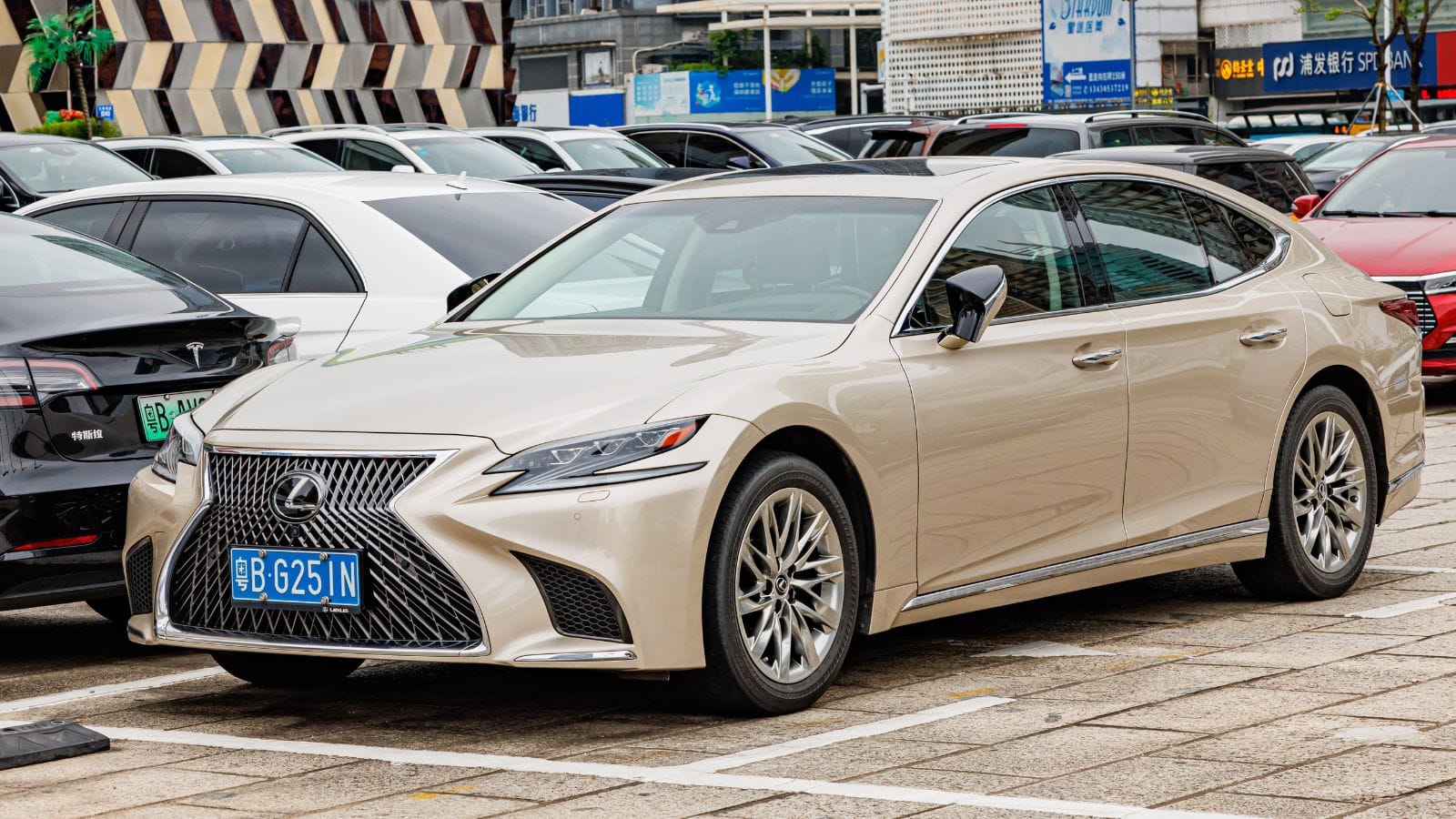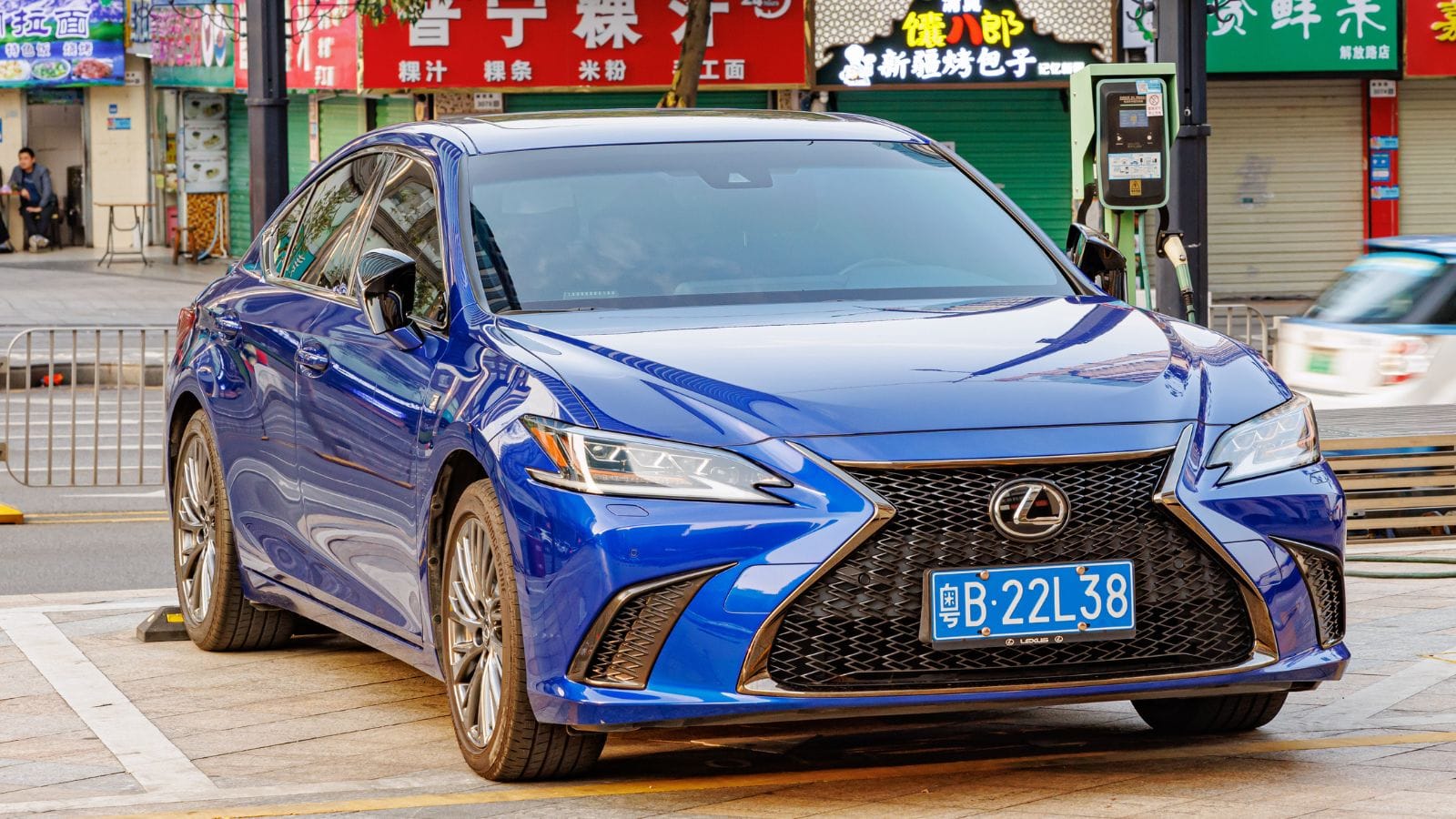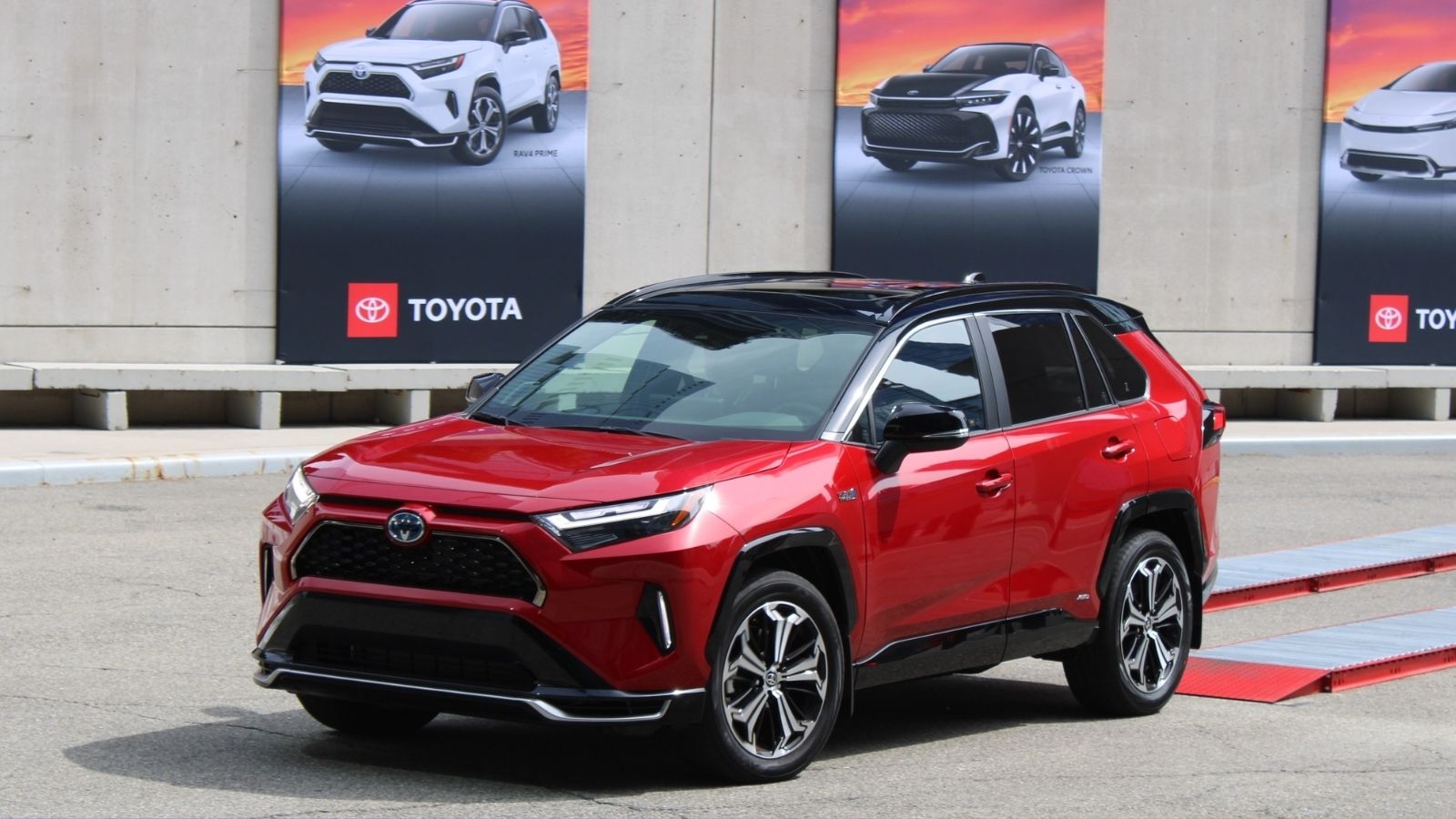Lexus has a rock solid reputation for comfort, reliability, and refined luxury. But as with any brand, there are some caveats worth considering before signing on the dotted line. While Lexus cars suit many drivers perfectly, they are not immune to criticism. Here are eight reasons why someone might want to take a closer look before choosing a Lexus as their next car.
You Are Paying a Premium for a Dressed Up Toyota

Let’s get this one out of the way first. At the end of the day, every Lexus shares a lot of DNA with a Toyota. In some cases, that is a good thing because Toyota makes durable, well engineered vehicles. But in others, it means you are paying a luxury car price for a car that feels oddly familiar inside. Underneath that upscale leather and wood trim is often a Camry or Highlander platform. For some buyers, it is hard to justify the price jump when the same mechanical components are found in a more affordable Toyota sibling.
Driving Dynamics Can Be Uninspiring

If you are coming from a German luxury car or a performance sedan, Lexus might leave you underwhelmed. Most Lexus models prioritize quietness and smoothness over driving engagement. The steering feel is often muted, and many of the automatic transmissions are tuned for comfort rather than quick response. Unless you are stepping into the sportier F models, do not expect anything particularly exciting behind the wheel. For those who value driver involvement, Lexus can feel detached and distant.
Infotainment Systems Are Frustrating

Lexus has struggled with infotainment systems for years. The mouse like touchpad interface and remote joystick have been widely criticized for being clunky, slow to respond, and distracting to use while driving. Even recent models have improved only slightly. While some newer Lexus vehicles are finally getting touchscreens, the layout and software still lag behind the intuitive systems from rivals like BMW and Genesis. If you spend a lot of time interacting with the system, it might test your patience more than you expect.
Resale Value Isn’t Always Stellar

While Lexus has a reputation for long term reliability, that does not always translate into strong resale values. Some models, especially hybrids and large sedans, depreciate faster than you might expect. The flagship LS, for example, loses value rapidly despite its luxury status. If you are buying new and planning to sell in a few years, it is worth checking resale trends for the specific model you are considering. You might find that your money stretches further elsewhere or that a certified used Lexus is the smarter buy.
The Brand Image Can Be Polarizing

Lexus walks a fine line between performance and comfort, but its brand identity can come across as conservative or even bland to some drivers. It lacks the emotional pull of a European badge and lacks the enthusiast following of brands like Audi or Alfa Romeo. Some buyers do not connect with the image Lexus projects. If you are someone who wants your car to reflect your personality or lifestyle, Lexus might not deliver the same sense of presence or excitement.
Lack of Model Variety Compared to Competitors

Compared to BMW, Audi, or Mercedes, the Lexus lineup is relatively slim. There are fewer body styles, fewer engine choices, and fewer performance oriented trims. While this focused lineup helps with reliability and consistency, it can also feel limited if you are shopping for something more unique or tailored. You will not find many wagons, convertibles, or niche performance cars in the Lexus stable. If variety and personalization are high on your list, other brands may offer more options.
Sporty Looks Often Do Not Match Performance

Lexus designers have taken bold steps in recent years. Sharp grilles, sculpted sides, and aggressive light signatures give even the basic models a serious presence. But looks can be deceiving. Many of these sporty looking models are still tuned primarily for quiet and smooth cruising. The F Sport badge adds styling tweaks and firmer suspension, but does not always come with real performance gains. Buyers expecting a serious sports sedan or crossover may be surprised to find their car looks the part but lacks the power or handling to back it up.
Maintenance Can Be Pricey Despite Toyota Roots

While Lexus cars tend to be reliable, when something does go wrong, it can be expensive. The cost of parts, specialized labour, and dealership service rates is higher than those of Toyota counterparts. Even routine maintenance like brake jobs or suspension work costs more on a Lexus than a Camry or RAV4 with nearly identical parts. Owners who expect Toyota like running costs may be surprised by the premium pricing baked into service visits. Long-term ownership is typically cheaper than German rivals, but it is not bargain basement either.
21 Products Canadians Should Stockpile Before Tariffs Hit

If trade tensions escalate between Canada and the U.S., everyday essentials can suddenly disappear or skyrocket in price. Products like pantry basics and tech must-haves that depend on are deeply tied to cross-border supply chains and are likely to face various kinds of disruptions
21 Products Canadians Should Stockpile Before Tariffs Hit
